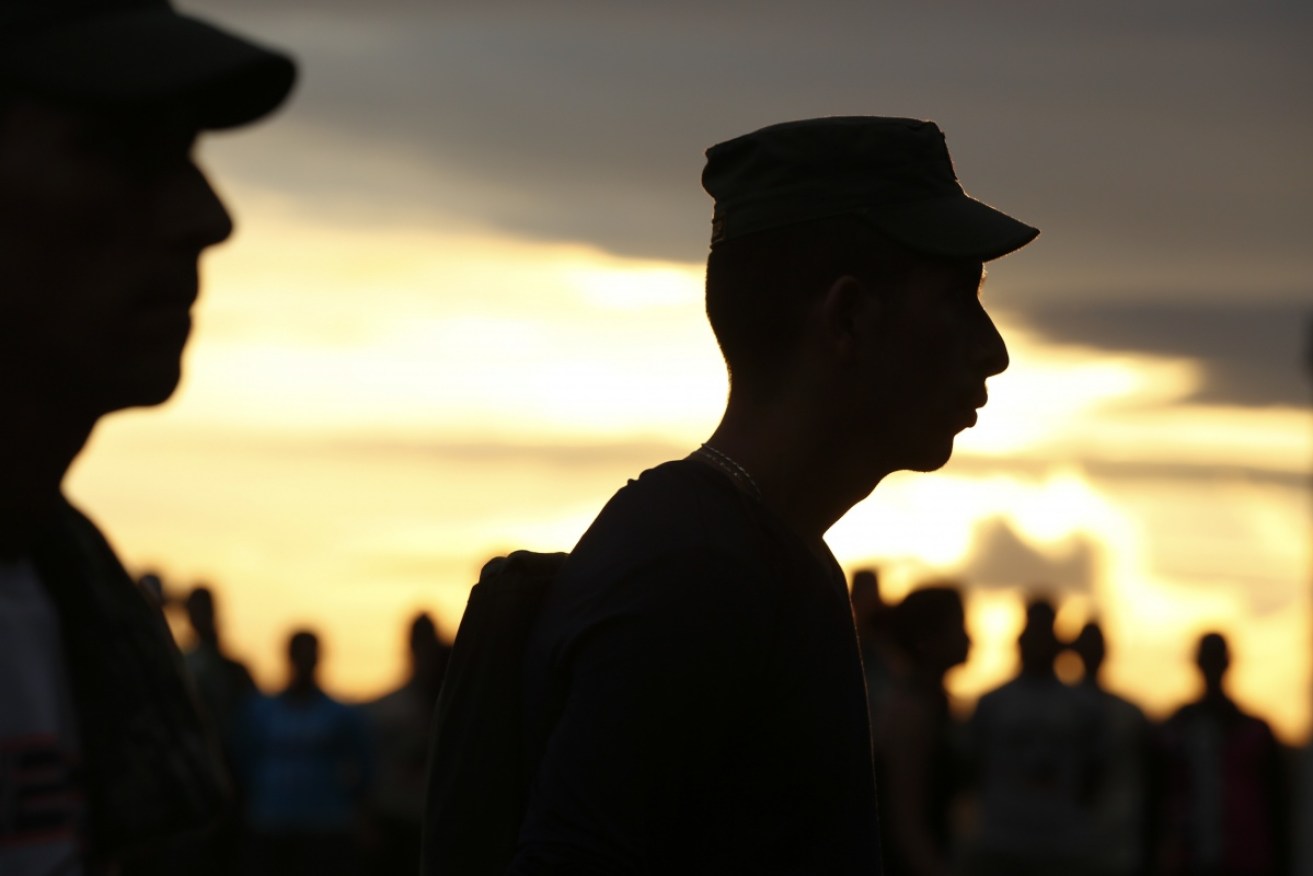Why a gay marriage vote is a frightful prospect

The failed Colombian plebiscite shows the power of fear. Photo: AAP
ANALYSIS
Plebiscites are a terrible idea because they are so easily hijacked by fear, as proven in Colombia this week and by Brexit in June.
A majority of Colombians voted on Monday against an historic peace deal with the FARC rebels that would have ended 52 years of bloodshed that has killed more than 200,000 people.
The Colombian government thought the vote was a mere formality. But its citizens voted no, with a slim majority of 50.2 per cent, because of a successful ‘No’ campaign led by former presidents Álvaro Uribe and Andres Pastrana. They claimed the peace would be too lenient – that the rebels would escape prosecution. It is an important lesson for Australia.

It took four years for President Santos and Commander Londono to negotiate the deal. Photo: AAP
The peace deal was brokered over four years by President Juan Manuel Santos and FARC commander Rodrigo Londoño. It was undone by fear-mongering.
Australia seems to have narrowly avoided the same mistake: a plebiscite on gay marriage. History tells us that when it comes to human rights, complex matters of finance like Brexit, or crucial matters of state, peace and war like the FARC deal, a public vote is foolish, cynical or both.
Doing the right thing requires courage, not popularity. If US president Abraham Lincoln had allowed each state to decide the question of slavery with a public vote, African-Americans might have been in chains for decades more.
If Jim Crow laws in the US south had been put to a public vote, rather than overturned by Supreme Court judges, some might still be in place.
Child labour was gradually abolished by the British parliament in the late 1800s, but only after strident campaigning by social reformers. If the issue had been put to a vote in 1801, and the industrialist had argued that petty crime and prices would rise without this steady supply of cheap labour (as they did at the time), children like the young Charles Dickens could have been slaving away into the 1900s.

FARC leaders unanimously supported the peace agreement in September. Photo: AAP
Here at home, the White Australia policy was abolished in the 1960s by the agreement of both major parties. What if it had been put to a public vote, and the forerunners of One Nation had been allowed to warn of the destructive influence of Jews, Poles, Chinese, Lebanese, Russians, Greeks, Italians and other ‘undesirables’?
More recently, in 2008, the Australian parliament removed discrimination against same-sex couples from tax law, superannuation law, welfare payments, healthcare and more. Who knows how a public vote on that would’ve gone. By the looks of the current gay marriage debate, not smoothly.
We should be breathing a sigh of relief that marriage probably won’t be put to a public vote in Australia. Where human rights and matters of state are concerned, fear is far too easily weaponised.








